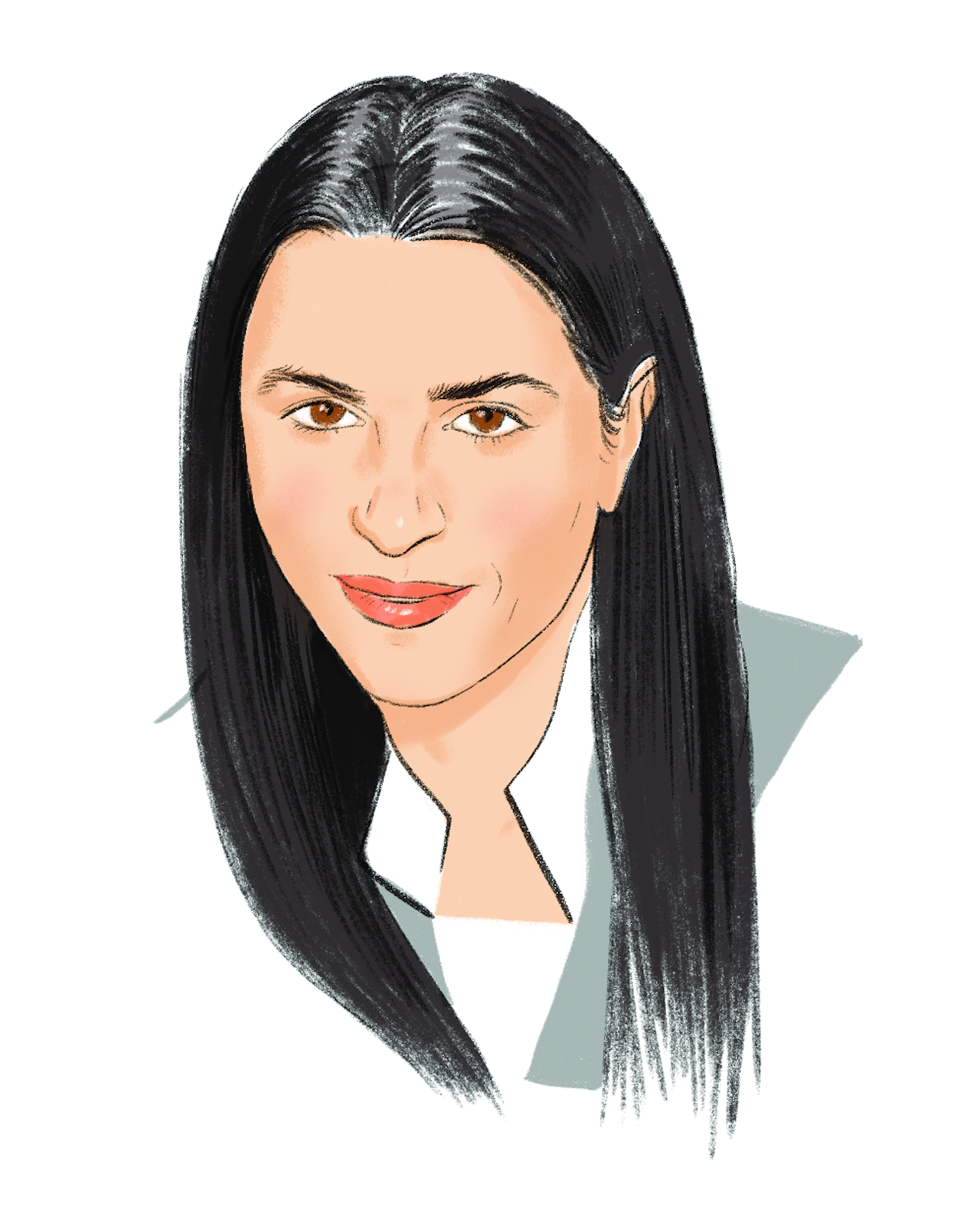

Every issue, GRAZIA USA highlights 17 Game Changers, who inspire, educate, and celebrate individuality, beauty, and style. Meet Veronica Etro, who leads Etro’s womenswear while keeping everything in perspective.
I never really thought I wanted to be a fashion designer. It wasn’t my plan, but it actually happened very naturally. When I finished school at 19, I didn’t really know exactly what I wanted to do, but I knew I wanted to do something creative; so, I moved to my dream city, London, and I applied to Central Saint Martins. London was very alive, very energetic. I really loved that period. After getting my degree, I didn’t want to go back to Italy straight away, so I applied to the Royal College of Art.
Then my brother, Kean, called me asking for help. He was in charge of men’s and womenswear, and it was really a lot for him. I thought, “Fashion is not like medicine, where you have to study for seven years.” So, I went back to Italy at 23 and my first womenswear show was in 2000. What was interesting about the work, was that it is very versatile. There’s so much going on, and in the end, I really loved it because every day was different. We were shooting campaigns, we were thinking about the music; it wasn’t just about the clothes.
What still fascinates me today is that it’s not just about creating beautiful collections. It’s about sending messages. There is a lot of marketing. There is a lot of storytelling. We’ve been very involved with inclusivity. From the very beginning, we’ve been embracing race, gender, age, body positivity. But a lot has changed in the last two years with the pandemic. We reduced the collection, by I think more than 40 percent. We are trying to reduce waste and be much more focused. When I started, I was more of a dreamer; now I’m much more down-to-earth. When I’m creating a collection, I think, Why should people buy this? Everyone has a wardrobe full of clothes, so you have to create an emotional connection.
Another one of the big changes I learned in the last few years is that I have to be more flexible. Before, we were planning collections six months in advance. Nowadays, it’s really working on things weekly. But when I see that things are getting difficult, I always try to compare my situation to something that is worse to try to see things from a different perspective. Sometimes we have drama, but I say, “We’re dealing with fashion and clothes. I’m not doing open heart surgery.” It’s about trying to put things in the right order.
There is this phrase: “What the caterpillar calls the end, the rest of the world calls the butterfly.” Sometimes in life, you may see things in that moment as very difficult; but at the same time, you don’t know what’s coming next. It’s really believing that there is something better that may be coming; it’s just that you are not seeing it at that moment.
In the end, what matters in life is what makes you happy. It’s the little things. We don’t need much. It’s being with my two kids, being healthy. There is a campaign running through Milan that the mayor organized that caught my attention. It’s about being kind and gentle towards other people. I think having gratitude towards life, and towards the world, and dealing with other people with kindness — that can make change.
-As told to Colleen Kratofil
To read more Game Changers, pick up GRAZIA USA’s March 2022 issue on newsstands and email [email protected] to subscribe.













